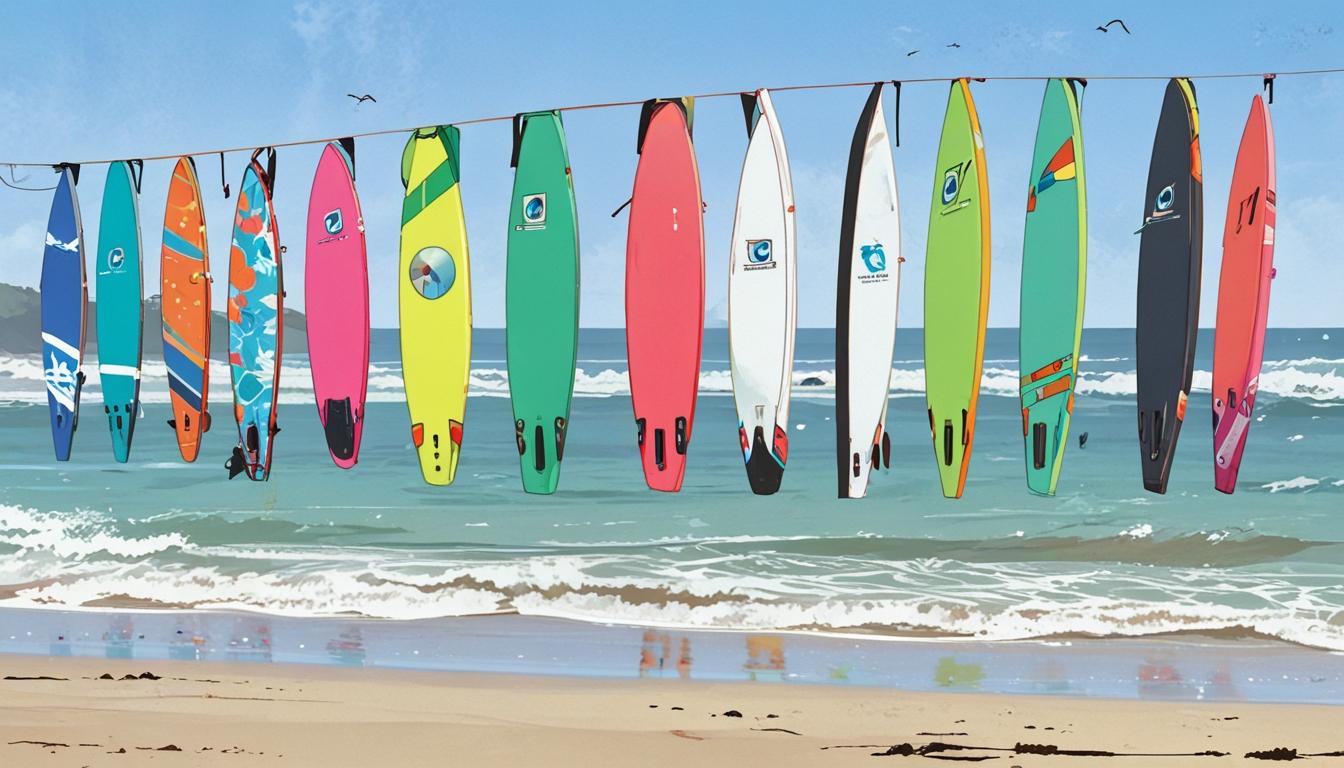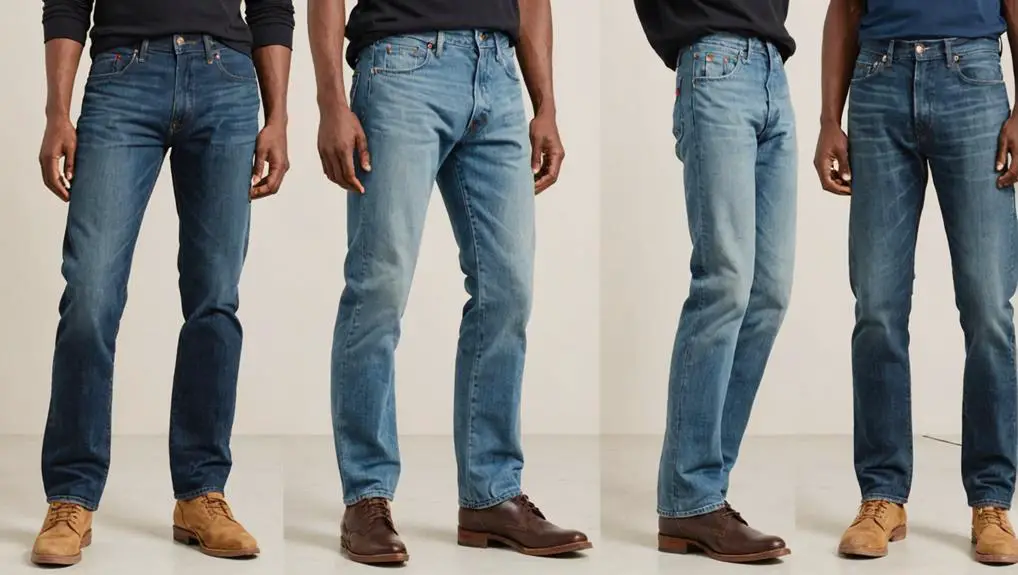The Rutgers Cooperative Extension of Ocean County is encouraging residents to donate old neoprene wetsuits to upcycle into new products, addressing environmental concerns.
The Rutgers Cooperative Extension of Ocean County is actively accepting old and used neoprene wetsuits at its office located in Toms River, New Jersey, until May 30. This initiative aims to upcycle the worn-out wetsuits into new products, including yoga mats, surf mats, and slippers.
Steve Yergeau, a county agent with the Rutgers Cooperative Extension, emphasized the importance of wetsuits for beachgoers, stating, “Each year, hundreds of thousands of people flock to the dozens of beaches all along the New Jersey shoreline to enjoy the sun, water and waves.” Wetsuits are considered essential for various water activities like surfing, paddleboarding, canoeing, kayaking, and diving.
The lifespan of a wetsuit varies based on several factors, including quality, usage, and care. Yergeau explained that a good quality wetsuit, with regular usage, is generally expected to last between three to five years. However, lower quality wetsuits or those that are used heavily often require replacement within a year, contributing to substantial waste annually. According to estimates, around 250 tons of neoprene wetsuits are discarded each year, prompting the need for alternative disposal methods.
Neoprene, a synthetic rubber that is highly resistant to decomposition, poses significant environmental concerns as it can take over 50 years to break down in landfills. Yergeau pointed out that the toxic chemicals involved in wetsuit manufacturing, such as glues and solvents, can be released into the environment if improperly disposed of.
Yergeau suggested that investing in high-quality wetsuits or opting for ‘green wetsuits’ made from natural materials, such as rubber derived from limestone, can be a sustainable choice for consumers. He noted, “The ‘green wetsuit’ industry is still young, but those so inclined may be able to find a source that fits their needs for a long-lasting wetsuit.” The Surfrider Foundation is also providing guidance on where to find these sustainable alternatives.
For those with functional but unwanted wetsuits, Yergeau recommended considering donation options to organizations like Waves of Strength, which provides surfing experiences for children facing various challenges. In addition, older and less usable wetsuits can be dropped off at the Rutgers Cooperative Extension office at 1623 Whitesville Rd. in Toms River. For further inquiries, they can be reached at 1-732-505-3671.
Nick Delfico, executive director of the nonprofit Alliance for a Living Ocean, expressed enthusiasm for the recycling initiative, stating, “For a sport that takes place in the ocean, our equipment is made from some of the least ocean-friendly materials possible, and it’s all designed to pretty much last forever.” Delfico collaborates with local artist Mary Tantillo to repurpose old surfboards, demonstrating a community commitment to reducing waste.
The Rutgers Cooperative Extension has also highlighted several companies that accept used wetsuits for recycling, turning them into products such as laptop cases and coasters. Some of these companies even offer discounts for participants. Notable organizations include Lava Rubber in Eatontown, New Jersey; Kassia+Surf in Los Angeles, California; and Suga LLC in Encinitas, California. Prospective donors are encouraged to review each company’s website for specific donation guidelines and conditions.
This wetsuit recycling initiative is reflective of broader efforts to mitigate environmental impact through sustainable practices in recreational sports.
Source: Noah Wire Services




